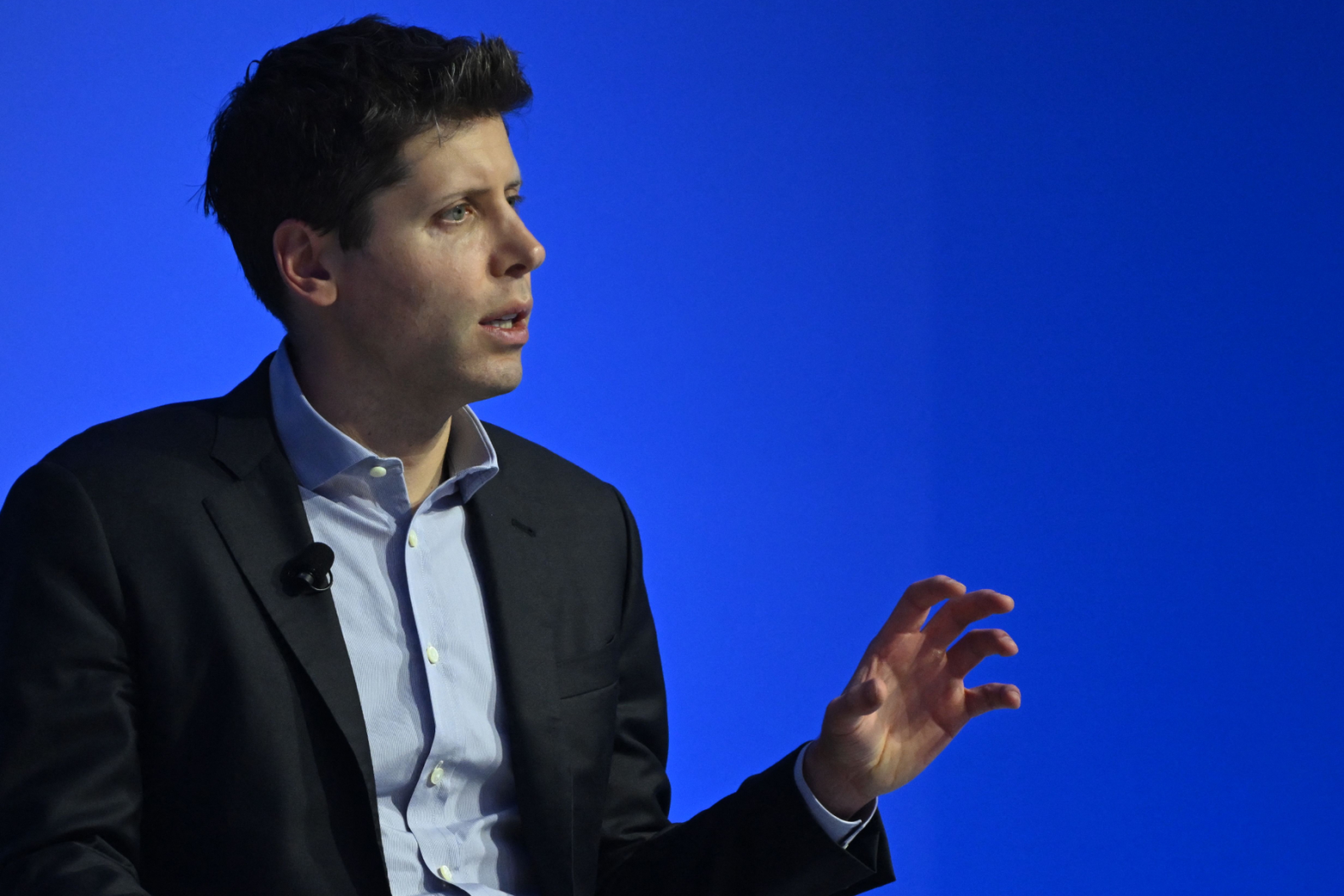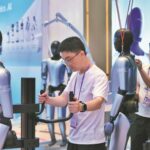In a recent podcast appearance, Sam Altman, CEO of Microsoft-backed OpenAI, addressed the growing debate surrounding AI-generated art, particularly in light of the viral Ghibli AI trend. Although he acknowledged the challenges posed by AI-generated art, Altman maintained that its widespread use offers societal benefits.
The debate intensified after OpenAI’s introduction of an image generation feature powered by the GPT-4o model within ChatGPT, which sparked a flood of AI-created images in the style of Studio Ghibli’s renowned animations.
This trend quickly went viral across social media platforms, triggering backlash from both AI critics and passionate fans of the Japanese animation studio.
Altman, speaking during a virtual session on a YouTube podcast hosted by Indian entrepreneur Varun Mayya, discussed the pros and cons of AI’s impact on the art world.
He acknowledged the negative aspects, including job displacement, particularly among artists who now face increased competition. However, he still emphasized that the democratization of content creation through AI was a significant positive change for society.
“I think the democratisation of creating content has been a big net win for society. It has not been a complete win, there are negative things about it for sure, and certainly it did something about the art form, but I think on the whole it’s been a win,” Altman stated.
The discussion also touched on the broader implications of AI’s role in the workforce, especially in areas like coding automation. Altman noted that some individuals may now face more competition due to AI advancements, but he remained firm in his belief that the overall impact would be beneficial in the long run.
“It doesn’t mean that it [AI-generated art] doesn’t cause some job loss, and some people who had a sort of differential ability to do something now have a lot more competition. But overall I think it’s a real benefit to society,” he said.
Altman further explained how technology has made it easier to break down barriers, particularly when it comes to entrepreneurship. “My own experience of this was watching the barrier to entry to starting a company really change,” he remarked, reflecting on how OpenAI itself emerged due to lowered technological barriers.
Additionally, Altman addressed OpenAI’s rapid growth, particularly in India, which he described as the company’s fastest-growing market. The surge in ChatGPT usage since the rollout of its image generation feature has been remarkable.
Altman also revealed that more than one billion ChatGPT-generated images would be created in the near future, highlighting the vast scale of engagement. To date, over 130 million users have generated more than 700 million images since the feature was introduced, according to OpenAI’s Chief Operating Officer, Brad Lightcap.
As the AI-generated art debate continues to unfold, Altman’s comments see both potential and the challenges that come with these transformative technologies. Despite concerns about its impact on traditional creative industries, Altman’s stance is clear: the benefits of AI-driven democratization of content creation far outweigh the drawbacks.






